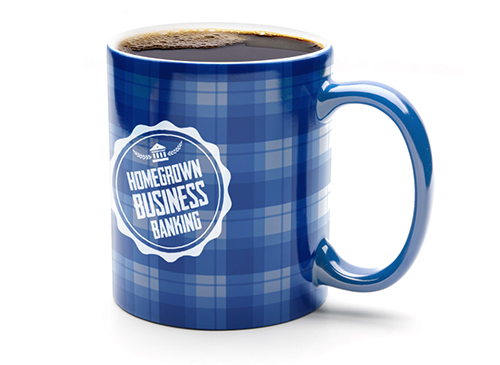Budget
An estimate of income and expenditure for a set period of time.
Business plan
A document setting out a business’s future objectives and strategies for achieving them.
Business model
A structure for the successful operation of a business, identifying revenue sources, customer base, products, and distribution.
Cash flow
The total amount of money being transferred into and out of a business, especially as affecting liquidity.
Co-operative
A farm, business, or other organization which is owned and run jointly by its members, who share the profits or benefits.
Corporation
A company or group of people authorized to act as a single entity (legally a person) and recognized as such in law.
Crowdfunding
The practice of funding a project or venture by raising many small amounts of money from a large number of people, typically via the internet.
Fixed costs
Business costs, such as rent, that are constant whatever the quantity of goods or services produced.
Grants
Non-repayable funds given by one party, often a government department, to a recipient.
GST
General Sales Tax.
HST
Harmonized Sales Tax.
Income taxes
Annual taxes levied by a government directly on income.
Insurance
A practice or arrangement by which a company or government agency provides a guarantee of compensation for specified loss, damage, illness, or death in return for payment of a premium.
Licences
A permit from an authority to own or use something, do a particular thing, or carry on a trade.
Line of credit
An amount of credit extended to a borrower that can be drawn upon when needed.
Loan
A sum of money that is borrowed and expected to be paid back with interest.
Partnership
A form of business where two or more people share ownership, as well as the responsibility for managing the company and the income or losses the business generates.
Payroll
A list of a company’s employees and the amount of money they are to be paid.
Permits
An official document giving someone authorization to do something.
Point of sale
The place at which goods are retailed.
Profits
A financial gain, especially the difference between the amount earned and the amount spent in buying, operating, or producing something.
Sole proprietorship
A type of enterprise owned and run by one person and in which there is no legal distinction between the owner and the business entity.
Startup
A brand new business.
Subsidies
A benefit given to an individual, business, or institution, usually by the government.
SWOT analysis
A breakdown of a business’s strengths, weaknesses, opportunities and threats.
Variable costs
Costs that change as the quantity of the goods or services that a business produces changes.






